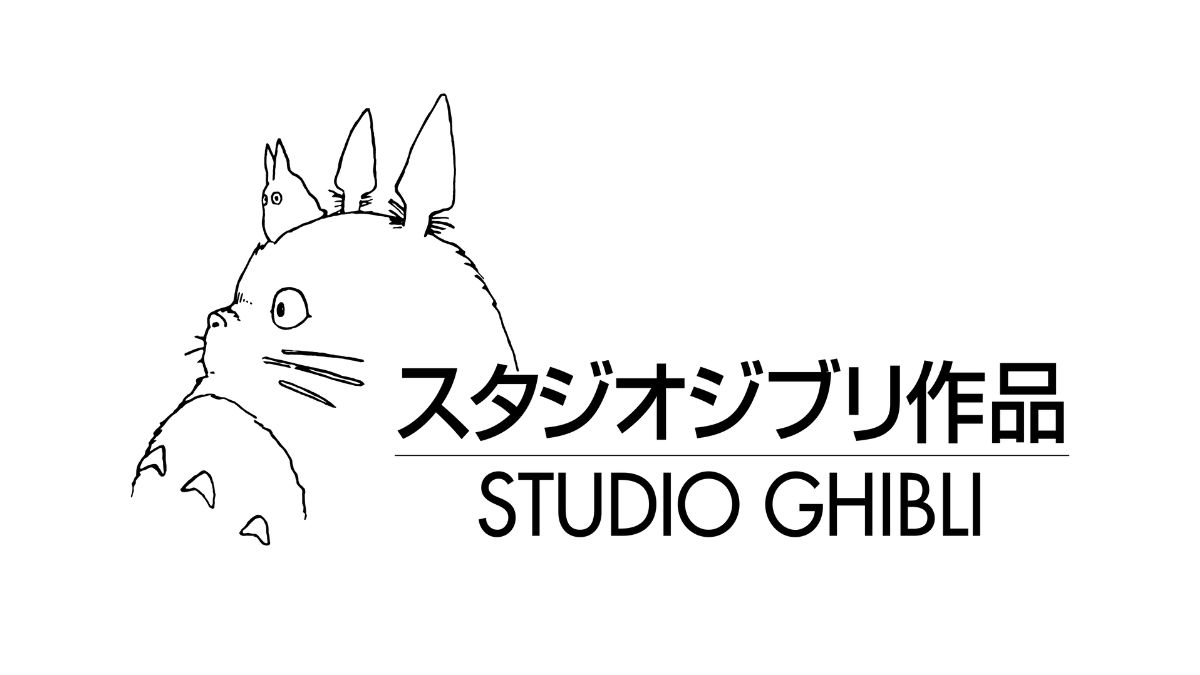Japan’s Content Overseas Distribution Association, or CODA, has asked OpenAI to stop using copyrighted material from Japanese creators to train its AI models. CODA represents many major studios and publishers, including the world-famous Studio Ghibli.
Studio Ghibli, known for beautiful hand-drawn films like Spirited Away and My Neighbor Totoro, has seen a surge of AI-generated images that copy its art style. Ever since OpenAI launched its image generator in March, people have been using it to turn selfies, pets, and other photos into “Ghibli-style” pictures. Even OpenAI’s CEO, Sam Altman, briefly used one as his profile picture on X.
Hayao Miyazaki, Ghibli’s legendary filmmaker, hasn’t commented on this latest wave of AI art. But years ago, when shown AI-created animation+, he said he was disgusted, calling it “an insult to life itself.” His words now feel more relevant than ever as AI tools keep getting better at imitating human-made art.
In its letter, CODA asked OpenAI not to use any work created by its members for AI training unless the creators give clear permission. This demand comes as OpenAI prepares to release its Sora video generator, which can produce realistic short films using text prompts.
OpenAI has faced similar criticism before. Many accuse the company of using copyrighted works first and asking for forgiveness later. Some of its tools have allowed people to make AI versions of famous characters or even deceased figures, which has already led to complaints from companies like Nintendo and the family of Dr. Martin Luther King Jr.
Legal experts say OpenAI could agree to CODA’s request voluntarily, but if it doesn’t, lawsuits might follow. Around the world, copyright laws are still struggling to keep up with fast-moving AI technology. CODA believes that under Japanese law, what OpenAI is doing may already count as a clear copyright violation — and how this plays out could set an important legal example for the future of art and AI.


